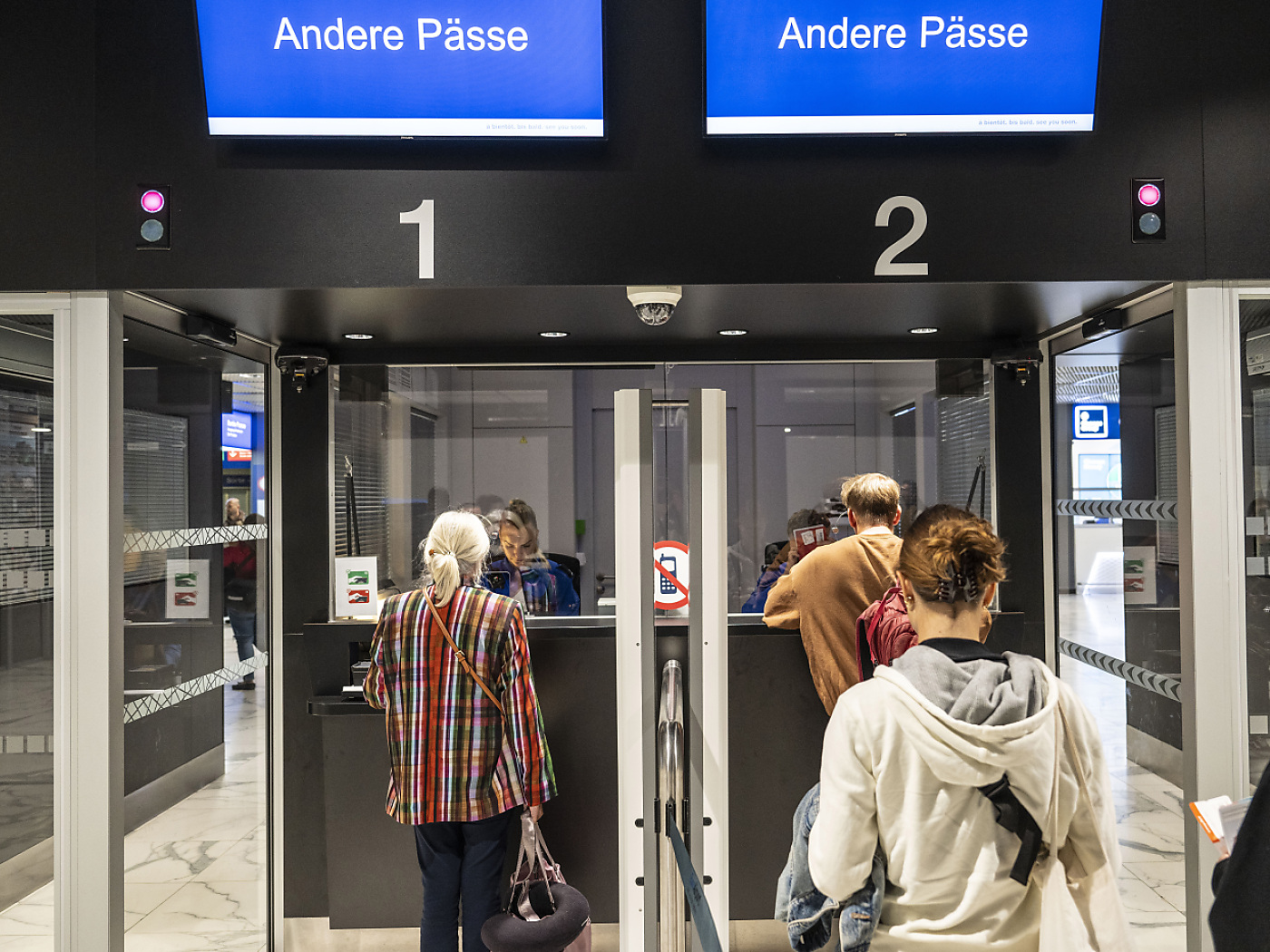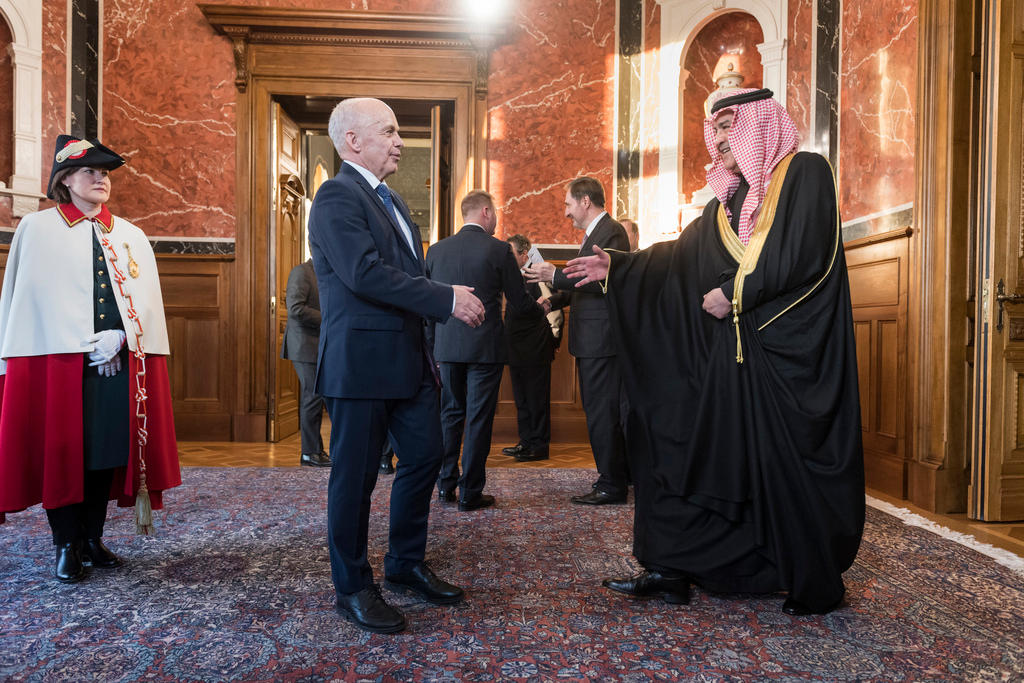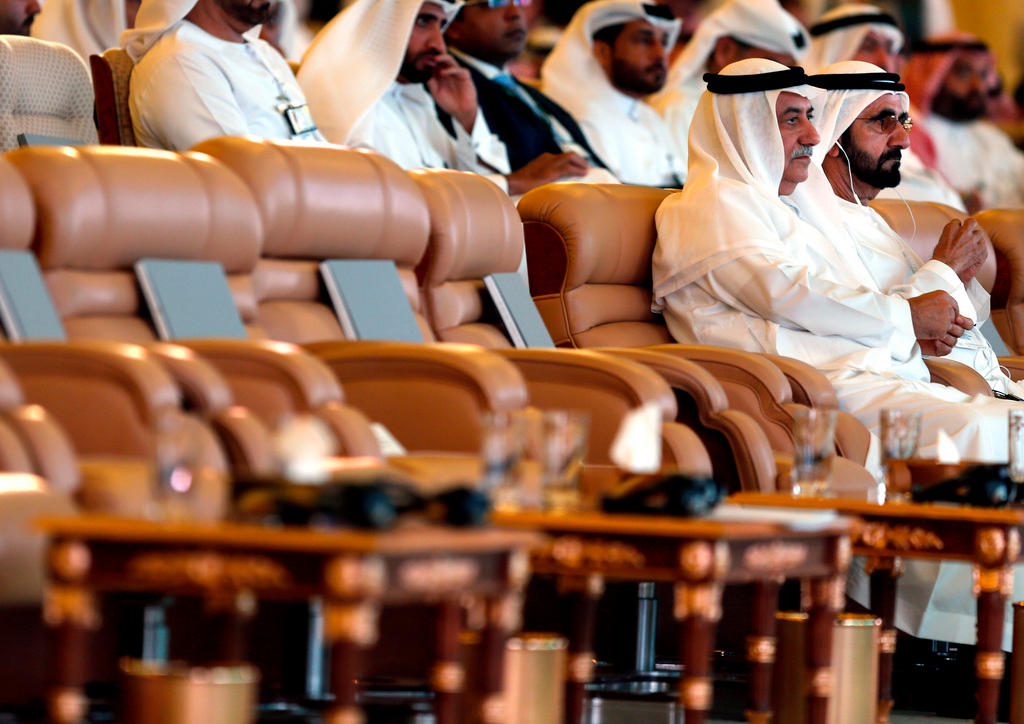EU states criticise Saudi abuses, Switzerland stays silent

Some 36 countries have signed a statement in Geneva criticizing the human rights situation in Saudi Arabia, in a rare international condemnation of the Gulf kingdom. Switzerland withheld from adding its signature.
The countries, including all 28 European Union (EU) member states as well as Australia and New Zealand, signed the statement on Thursday at the United Nations Human Rights Council – the first statement of its kind to criticize the traditionally western-allied Saudi regime.
Among other rebukes, the text calls for the release of imprisoned women’s rights activists in the kingdom, as well as more space for civil society and human rights groups.
The text also calls on Saudi authorities to cooperate with a UN investigation into the murder of journalist Jamal Khashoggi at its Istanbul consulate on October 2 last.
The Saudis have conceded that Khashoggi was indeed murdered by a special team dispatched from Riyadh for the purpose, and they have opened their own investigation involving 11 individuals. They nevertheless deny categorically that Crown Prince Mohammed bin Salman was aware of the operation.
Swiss reaction muted
Though all 28 EU members came together with one voice to sign the statement (a “success for Europe”, according to an envoy of one EU member state), Switzerland declined to add its name to the list.
The spokeswoman for the Swiss delegation to the UN in Geneva told the Keystone-SDA agency that this decision was “not because [Switzerland] disagreed with the contents of the statement, but because it has already reacted” to the issues in question.
Following the murder of Khashoggi last year, Swiss Foreign Minister Ignazio Cassis told the Blick newspaper there was clear “evidence of human rights violations and the disregard for the rule of law” in Saudi Arabia, and that relations with the state would be “reassessed”.
NGO Amnesty International criticised the Swiss refusal on Thursday to join the UN statement: this position is “profoundly disappointing and will once again cause large damage to the country’s reputation as a defender of human rights,” spokesman Alain Bovard said.
Earlier this year, in January, Swiss finance minister and current president Ueli Maurer downplayed talks of a rift with Saudi Arabia, saying that relations were being normalised.
However, it was unclear whether or not Maurer, keen to boost financial ties with the kingdom, expressed his personal opinion without previous consultation among his colleagues in cabinet.
Saudi Arabia is a key partner for SwitzerlandExternal link in the Arab world and the Middle East region, with the 2017 trade volume between the two countries standing at CHF2.5 billion ($2.5 billion), according to the State Secretariat for Economic Affairs (SECO).
Home Affairs Minister Alain Berset boycotted an international conference in Saudi Arabia last weekend. Berset’s office said he had another engagement, according to a report in several newspapers on Friday.
Instead of Berset, the head of the Federal Health Office attended the Global Ministerial Summit on Patient Safety in Jeddah.
Observers say Berset’s absence was a political statement by the minister to protest against the murder of Saudi dissident Jamal Khashoggi in Istanbul last October.
Ministers from other countries also stayed away from the international conference, according to the newspaper reports.

In compliance with the JTI standards
More: SWI swissinfo.ch certified by the Journalism Trust Initiative





















You can find an overview of ongoing debates with our journalists here . Please join us!
If you want to start a conversation about a topic raised in this article or want to report factual errors, email us at english@swissinfo.ch.